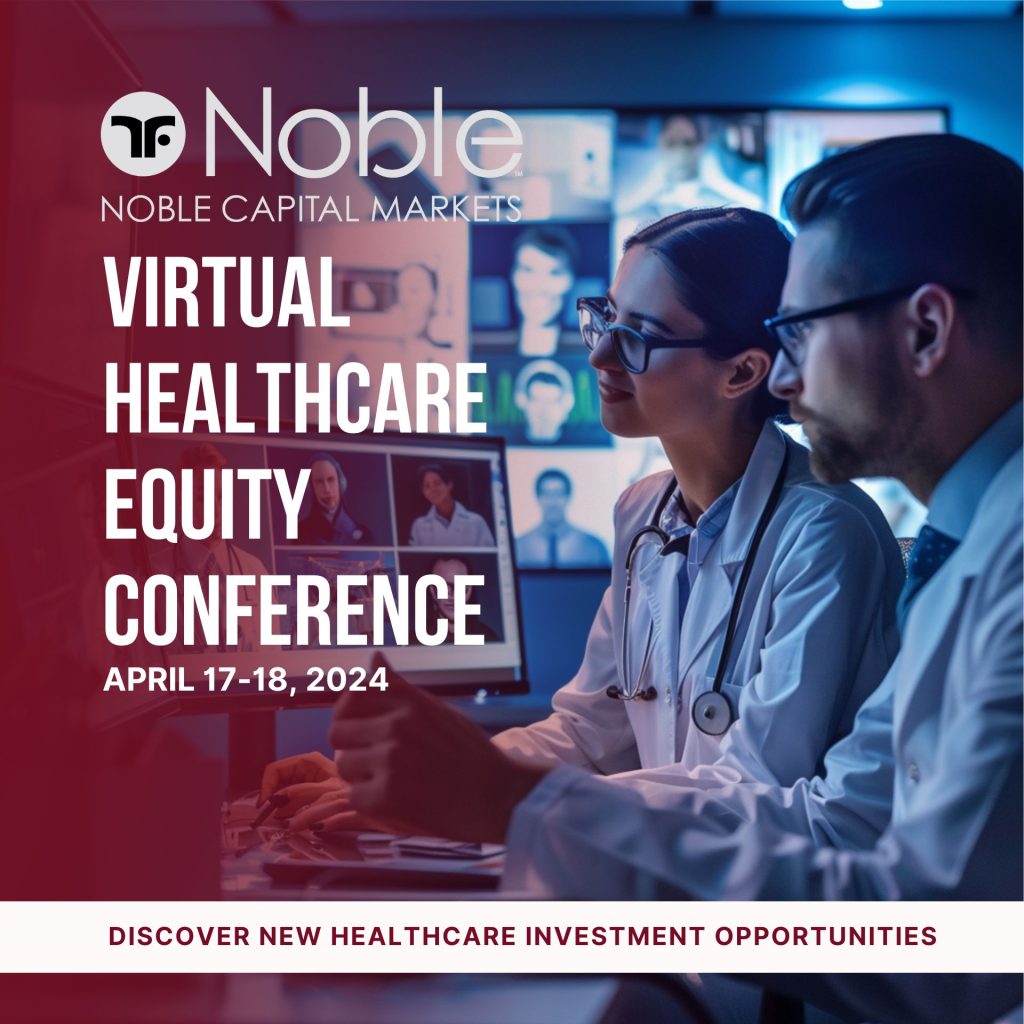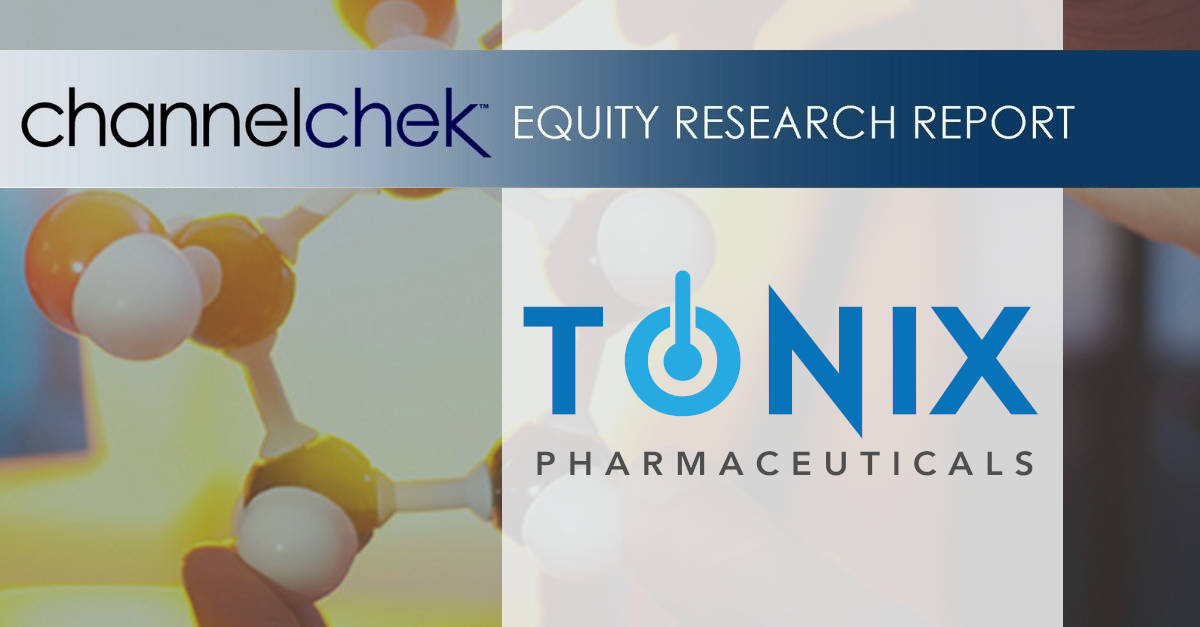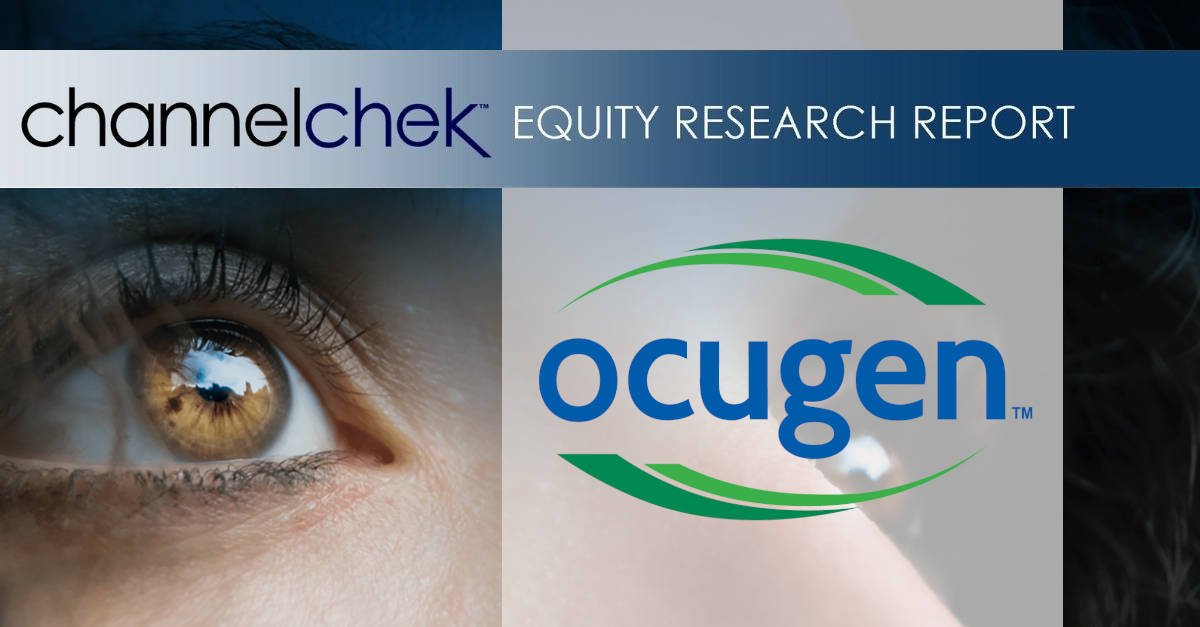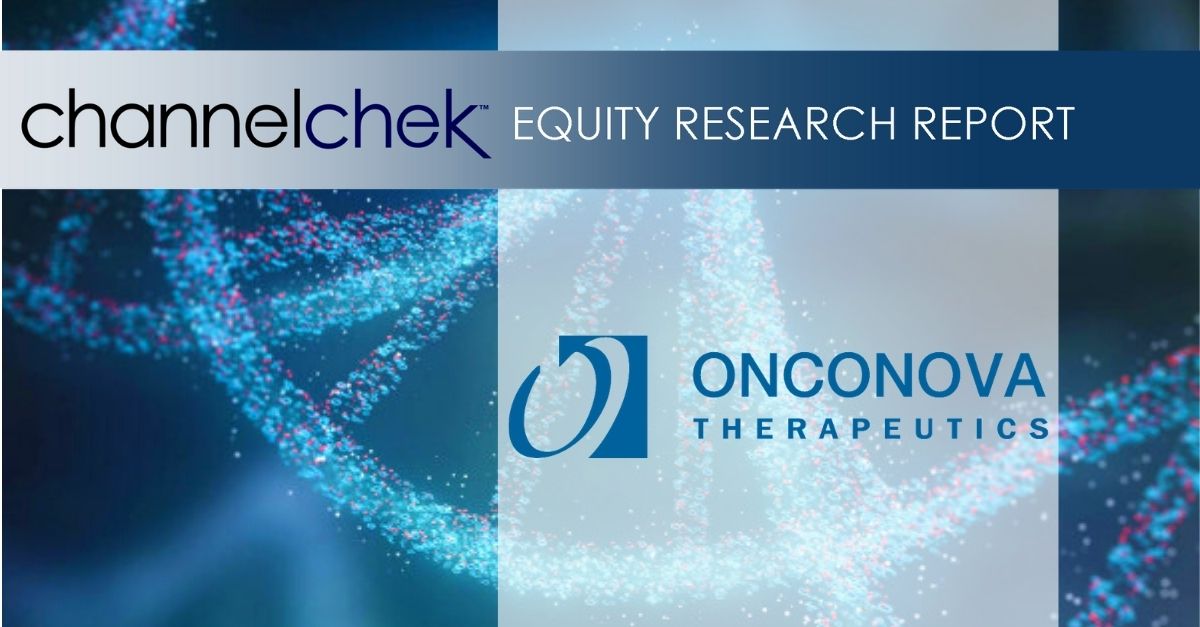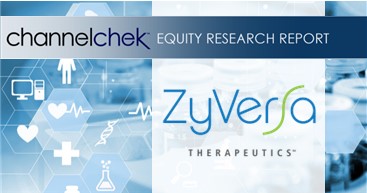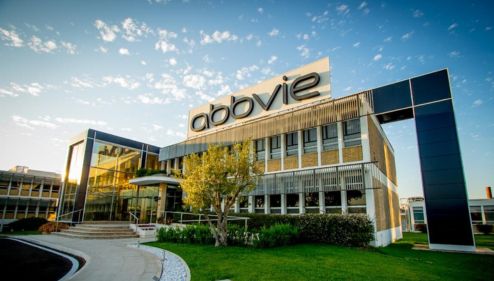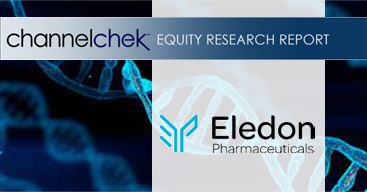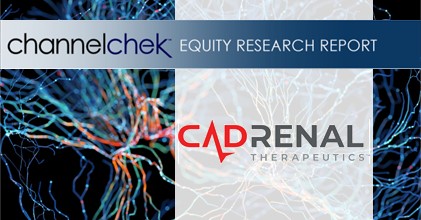Boston-based biotech giant Vertex Pharmaceuticals announced today that it has agreed to acquire Alpine Immune Sciences for $4.9 billion in cash, placing a major bet on the smaller company’s promising drug candidate for treating serious autoimmune diseases.
The crown jewel of the acquisition is Alpine’s lead molecule povetacicept, a dual antagonist of the BAFF and APRIL proteins that have been implicated in driving several autoimmune and inflammatory conditions. Through Phase 2 trials, povetacicept has demonstrated potentially best-in-class efficacy for treating IgA nephropathy (IgAN), a serious progressive kidney disease caused by autoimmune complexes.
IgAN is the most common cause of primary glomerulonephritis (inflammation of the kidney’s filtering units) worldwide, affecting approximately 130,000 people in the U.S. alone. The disease frequently leads to end-stage renal failure, yet there are currently no approved treatments that target the underlying causes of IgAN. Povetacicept is slated to enter pivotal Phase 3 clinical trials in the second half of 2024.
“Alpine is a compelling strategic fit that furthers our ambition of creating transformative medicines for serious diseases with high unmet need,” said Reshma Kewalramani, Vertex’s CEO and President. “We look forward to bringing povetacicept, a potential best-in-class treatment for IgAN, to patients faster.”
But Vertex is betting big that povetacicept’s impact could extend far beyond just IgAN. Due to its dual mechanism targeting BAFF and APRIL, the drug candidate holds promise as a potential “pipeline-in-a-product” for treating other autoimmune diseases affecting the kidneys like membranous nephropathy and lupus nephritis. Clinical trials are also evaluating povetacicept’s utility for autoimmune cytopenias that destroy blood cells.
The $4.9 billion acquisition allows Vertex, a leader in cystic fibrosis treatments, to expand into autoimmune and inflammatory diseases – one of the hottest areas of drug development. It also provides Vertex with Alpine’s protein engineering expertise that could unlock new therapeutic modalities.
“Povetacicept has demonstrated potential best-in-class attributes and has broad development potential across autoimmune conditions with significant unmet need,” said Mitchell Gold, Alpine’s CEO. “We’re excited for the opportunity to make a meaningful difference as part of Vertex.”
The deal is structured as an all-cash tender offer, with Vertex paying $65 per share for Alpine’s outstanding stock – a substantial 92% premium over Alpine’s closing price on April 9th. Vertex expects to finance the $4.6 billion net transaction cost through a combination of existing cash on hand and new debt financing.
The acquisition, which was unanimously approved by both companies’ boards, is expected to close in the second quarter of 2024 pending regulatory approval and other customary closing conditions. It marks Vertex’s second acquisition in the autoimmune disease space in recent years, having purchased protein therapeutics firm Semma Therapeutics in 2019 for $950 million.
With povetacicept’s promising data and Vertex’s resources behind it, the combined company will be well-positioned to rapidly advance a potentially transformative new class of autoimmune therapies. But at a lofty price tag nearing $5 billion, the deal places a major bet that the Alpine drug can live up to its blockbuster aspirations.

